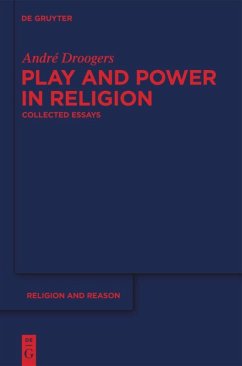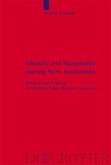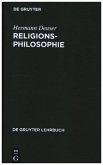At a religion's margins a counterpoint can be found for its power center. In a creative manner, relatively free from clerical control, religious virtuosos take new initiatives there. Inspired by their experience with the sacred, they explore their liberty to play with meanings, images and practices. Yet, the eventual success of such an innovation calls for organization and thus for the exercise of power. Accordingly new movements slow down into institutions - till a new virtuoso brings the cycle to a fresh start.
Over the last thirty years André Droogers has extensively published on the relation between religion, power and play. In this collection of essays the most relevant articles are reprinted. For this volume Droogers wrote an autobiographical introduction, showing how the contingencies of a career may nevertheless lead to a more or less consistent approach.
In Part I of the book articles are included that represent the basic ideas of Droogers' approach, with an emphasis on margin, inversion, ritual and meaning-making. In part II some of his articles on syncretism and Pentecostalism illustrate his views. Part III contains articles that apply the play-and-power perspective to methodological issues in the study of religion.
Over the last thirty years André Droogers has extensively published on the relation between religion, power and play. In this collection of essays the most relevant articles are reprinted. For this volume Droogers wrote an autobiographical introduction, showing how the contingencies of a career may nevertheless lead to a more or less consistent approach.
In Part I of the book articles are included that represent the basic ideas of Droogers' approach, with an emphasis on margin, inversion, ritual and meaning-making. In part II some of his articles on syncretism and Pentecostalism illustrate his views. Part III contains articles that apply the play-and-power perspective to methodological issues in the study of religion.








